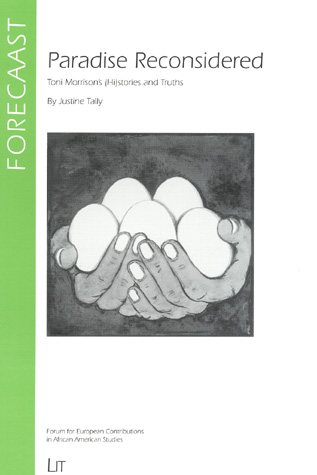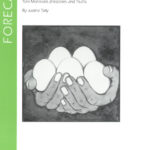Beschreibung
Toni Morison’s Paradise (1998) arrived on the scene amid
vociferous acclaim and much consternation. Third in the trilogy begun with
Beloved and Jazz, this fascinating yet complicated
the novel has sown as much confusion as admiration. How does it work? How
does the novel close the trilogy? Indeed, a major complaint among
reviewers, why does Morrison overload us with so many characters and
stories?
In this first book-length study of Paradise, Justin Tally
securely links the work to Morrison’s entire oeuvre and effectively argues
that while all of the novels of the trilogy are deeply analytical of the
relationship of memory, story and history, the historical narrative:
memory is fickle, story is unreliable, and history is subject to
manipulation. A master narrative of the past is again dictated by the
dominant discourse, but this time the control exerted is black und male,
not white and male. Though this stranglehold threatens to deaden life and
put the future on hold, Morrison’s narrative disruptions challenge the very
nature of this “paradise” on earth.
Justine Tally is associate professor of American Studies at
the University of La Laguna (Tenerife, Spain) and has specialized in
African Amercian studies – language, literature, culture and literary
theory – for almost twenty years. Her special field of interest is the
fiction of contemporary black women, but her approach is most often rooted
in historical background and cultural context with a strong emphasis on
language and the theoretical underpinnings of the narratives.


